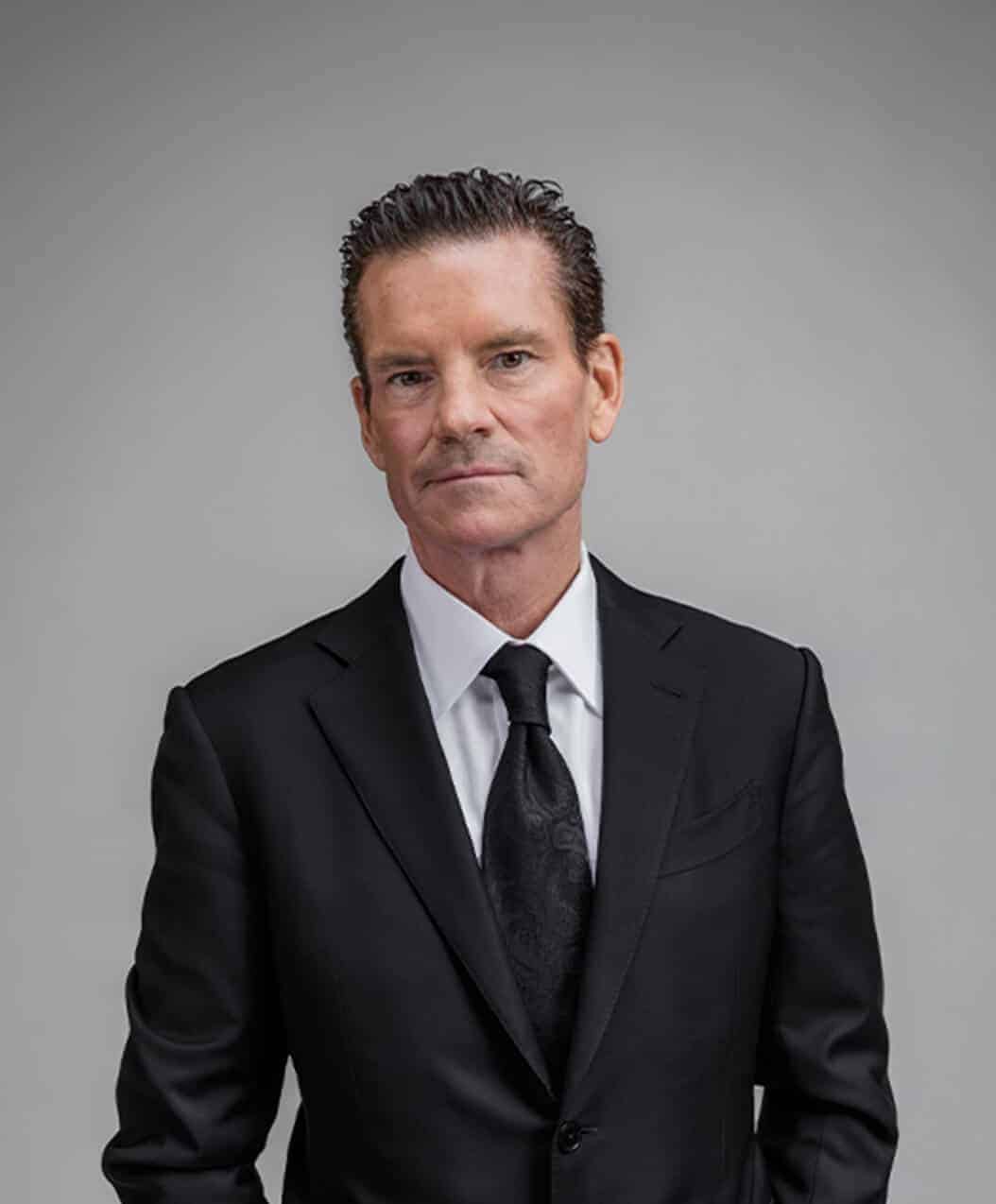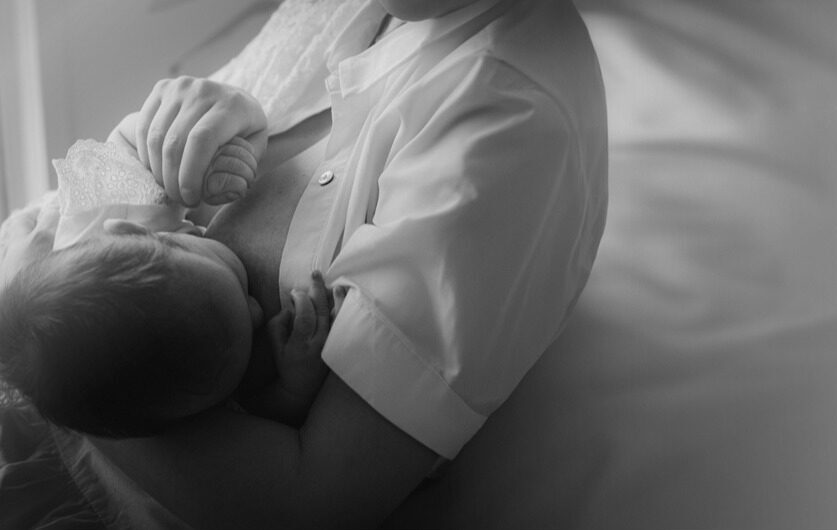October 20th, 2024
Dr. Mulholland, Md
Following your breast augmentation surgery, there will be a number of adjustments you will need to make to your day-to-day life to encourage a speedy, complication-free recovery. One of these adjustments will be ensuring that the way you position your body when you sleep does not risk compromising your surgery results, and ensuring that it does not cause you any discomfort during your recovery period.
Here, we will look at how to adapt your sleeping habits to accommodate your breast augmentation surgery.
Why Sleep Is Important For Breast Augmentation Recovery?
As with all surgical procedures, both cosmetic and non, rest is vital to a full recovery. Allowing your body to remain still and at rest will help promote healing. Abstaining from very strenuous activities (such as swimming or exercising) will reduce the risk of inflammation and irritation during your recovery period.
Not only can sleep help encourage a healthy immune system, which will help your body repair itself after your surgery but getting plenty of rest affects the body’s pain response and management systems. In other words, getting enough sleep — about eight hours a night, and likely more in the days and weeks immediately following your breast augmentation procedure — can help us experience less pain.
The Ideal Sleep Position After Breast Augmentation Surgery
Because your chest and breast tissue will be sensitive and delicate while it heals from your breast augmentation surgery, it is important to sleep in a position that does not put excessive pressure on your chest while you are at rest. Therefore, it is best to sleep on your back while recovering from breast augmentation surgery, and never on your stomach. Sleeping on your stomach or side too soon after your surgery could put pressure on your implants or on the incisions performed by your surgeon, which may compromise your results.
In addition, keeping your upper body elevated will help reduce inflammation and promote healing, so try to prop yourself up using additional pillows while you heal. You may also wish to consider sleeping in a recliner. Sleeping upright can also help you use your chest and arm muscles less when getting out of bed — reducing the use of these muscles is advised during your recovery.
When bruising and swelling have subsided, usually after a few days, you can sleep on your side, but only while wearing a supportive bra, such as a sports bra.
Extra Tips For Sleeping Properly After A Breast Augmentation
In addition to ensuring you sleep in the right position, there are several other steps you can take to ensure you have a restful, safe sleep in the days and weeks following your breast augmentation procedure.
1. Prepare Ahead Of Time
If you are not accustomed to sleeping on your back, it is best that you practise doing so for at least a month before your surgery, to get used to a new sleeping position and ensure that, after you have had your surgery, you will not need to adjust to a new sleeping setup.
2. Use Pillows
Using additional pillows under your head and back while you sleep, or incorporating a body or wedge pillow, can help you rest more easily, and will also elevate your torso to discourage your healing breast tissue from becoming inflamed. This will also promote healing and good circulation and help reduce swelling.
3. Walk Around During The Day
Ensuring your body maintains good circulation is key to reducing swelling and promoting healing after breast augmentation surgery. Strenuous activity, which can cause inflammation and compromise your surgery results, is inadvisable, but keeping your body moving by walking around the house — or taking a walk around the block (making sure to protect your chest from sun exposure) — is vital to ensuring a quick, healthy recovery.
4. Avoid Alcohol & Caffeine
Not only can alcohol and caffeine cause inflammation, they can also interfere with your sleep. It is best to avoid both substances until you have fully recovered to avoid compromising the healing process.
5. Contact Your Doctor If You Have Any Pain
If you are experiencing any pain or discomfort, contact your plastic surgeon or physician immediately. They will be able to advise on any medication you can take and suggest other pain management techniques you can carry out at home. They will also be able to schedule an appointment to see you if you have serious concerns about your recovery.
Why Choose TPS For Your Breast Augmentation Surgery?
TPS’s Lead Surgeon, Toronto Plastic Surgeons, has 25+ years in practicing aesthetic plastic surgery. He has an excellent reputation for delivering beautiful, natural breast augmentation results to their patients in Toronto.



